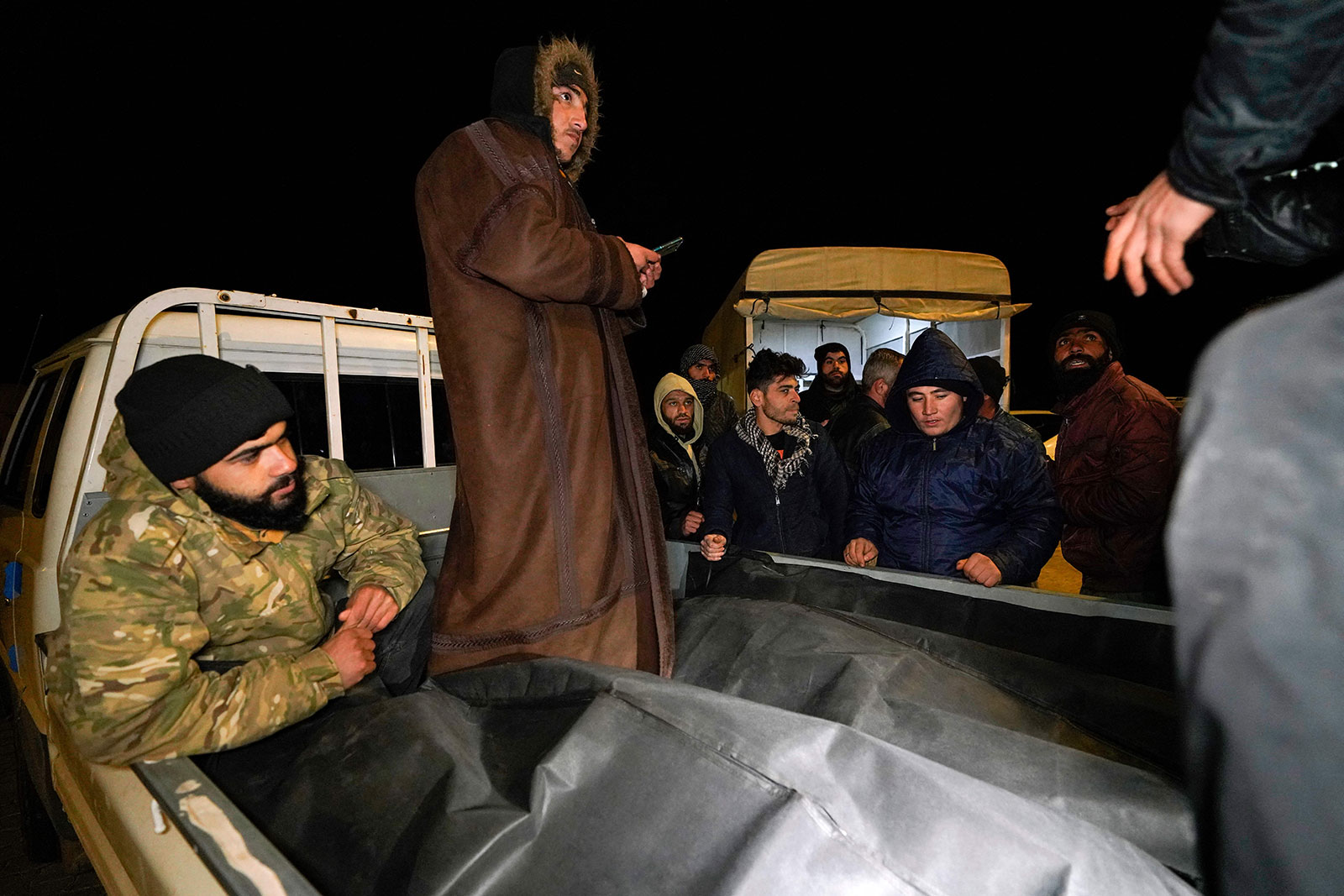[ad_1]

A United Nations aid convoy, made up of six trucks carrying shelter items and Non Food Items (NFI), crossed from Turkey into northwest Syria Thursday through the Bab Al Hawa crossing — the only humanitarian aid corridor between Turkey and rebel-held areas of northern Syria.
The delivery ended a three-day period during which no aid arrived – just 300 bodies, according to the administration that controls the only access point between the two countries.
“How are roads okay for cars carrying bodies, but not for aid?” Mazen Alloush, Bab al-Hawa’s frustrated spokesperson had asked CNN.
A top aid official told CNN earlier that efforts to help people in quake-stricken regions of Syria have been “incredibly difficult,” because passage entries along the border were destroyed due to the disaster.
The situation in Syria is starkly different to Turkey, where 70 countries and 14 international organizations have promptly offered teams of rescuers, donations and aid.
The delivery of urgent supplies to quake-hit areas of northern Syria has been complicated by a long-running civil war between opposition forces and the Syrian government, led by President Bashar al-Assad, who is accused of killing his own people. Syrian Foreign Minister Faisal Mekdad says any aid it receives must go through the capital Damascus.
That leaves rebel-held areas reliant on aid groups including the UN, where millions were already suffering from the effects of extreme poverty and a cholera outbreak when the quake hit.
At the Bab al-Hawa border crossing, protesters hold signs asking why only bodies are being allowed through. The bodies belong to Syrian refugees who sought safety in Turkey and are now being sent back to be buried on home soil.
Meanwhile, “Syrians don’t know where their next meal comes from. When we say meal, it’s not about vegetables, not about meat… it’s about simple bread,” said Moutaz Adham, Oxfam’s country director for Syria.
[ad_2]
